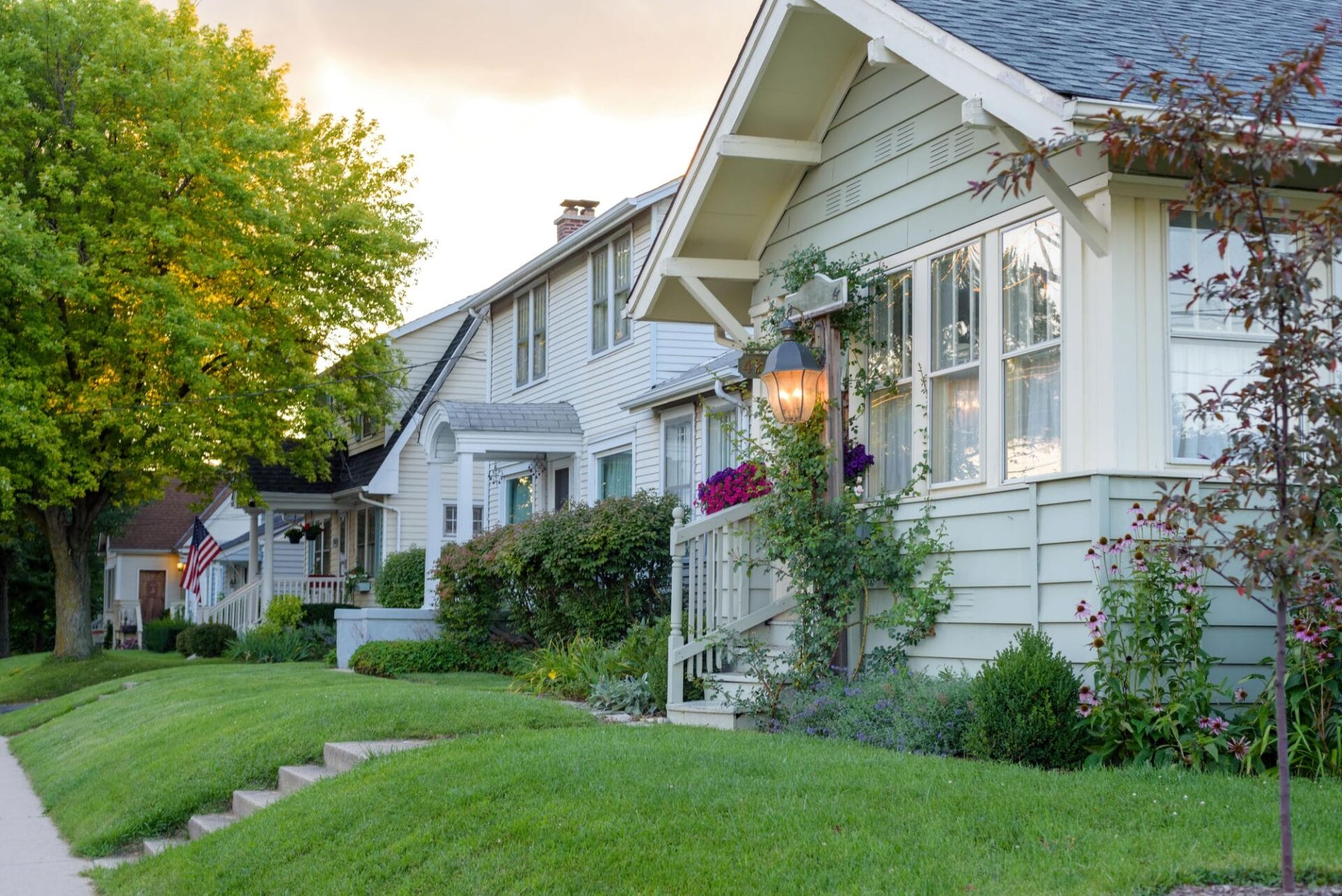Every condominium and HOA community has governing documents that help guide all members on what is and is not acceptable. Nevertheless, conflict is inevitable.
Be it by mistake or due to lack of consideration for others, a member is going to upset their neighbour. Just think about how often a co-worker, spouse or friend does something that annoys you; it’s a normal consequence of coexisting with other people.
While conflict is universal, the strategies used for conflict resolution are not. Early intervention can help prevent small quarrels from developing into big fights, which is why condos and HOAs are encouraged to either take action, or help residents resolve issues, as soon as possible.
Table of contents
- Do condo/HOA neighbours dislike each other?
- Top sources of conflict
- Does the corporation/association need to get involved?
- Minimizing conflict
Do condo/HOA neighbours dislike each other?
For the most part, people have at least a cordial relationship with their immediate neighbours. Less than 4% of people who live in a governed community said they had a bad or very bad relationship with the people living near them. So no, condo/HOA neighbours do not generally dislike each other.
When conflicts do occur, it’s usually because of some form of miscommunication or failure to understand another’s viewpoint. In other words, someone isn’t thinking about how their actions or decisions impact the people living next to them. A quick chat with a neighbour about the volume of their music can often put an end to a noise problem. However, if neighbours cannot solve disputes on their own, they may turn to the management team, a designated committee, or the board for assistance.
Top sources of conflict
When asked what issues create the most conflict for their community, respondents who participated in the 2022 Homeowner Satisfaction Survey stated the following:
31% – Parking
30% – Noise
24% – Landscaping/yard issues
23% – Pets
19% – Personal habits
17% – General lifestyle
15% – Appearance of home
Noise issues were more prevalent in housing cooperatives and condominiums, while parking was problematic for all types of communities. Landscaping issues impacted HOAs more than any other community type.
Issues also evolve over time as larger economic and social realities impact people. For example, in 2020, “other” was reported as the most problematic source of conflict (31%), followed by landscaping (28%) and appearance of home (24%). Since more people were encouraged to stay home during that time, they were likely more sensitive to these rules that their neighbours were breaking.
In 2018, noise (48%), personal habits (35%), and parking (33%), were the problems that plagued community members the most.
Does the corporation/association need to get involved?
When management or the board receives a complaint about one resident from another, it may not be easy for the community to find evidence that a violation occurred. Corporations/associations have an obligation to get involved if a rule or law is being broken, or if someone’s rights are being violated.
However, if the issue seems to stem from one person simply disliking the other, then the obligations change. Let’s say management receives a noise complaint. A dog in the neighbour’s yard or unit won’t stop barking. No other neighbours have complained of the noise.
These types of complaints are often repetitive, and hard to prove. Nevertheless, the corporation/association has a duty to investigate the alleged violation.

Furthermore, the manager or board should make the following considerations before landing on a final decision:
- Is the alleged conduct in violation of any federal or local laws?
- How many times has the alleged conduct occurred?
- What comments does the accused have about their alleged conduct?
- Has the alleged conduct affected more than one person?
- Are there any other members who support either party’s story?
If an investigation is conducted and there is no demonstrable or credible evidence to show that a violation exists other than the complaint from the neighbour, the community is within its authority to classify the matter as a “neighbour-to-neighbour” dispute.
In these cases, the owners may be asked to resolve the situation without intervention from the condo/HOA. Realistically, if the community tried to solve every dispute, it would increase its operational burdens. Management would also be wasting time on something that is not considered condo/HOA business.
The findings must be delivered to the resident who made the complaint. Though they will not be happy, management can still offer them ideas about how they can solve this issue on their own. They may recommend hiring a professional mediator, or similar resolution strategies.
There are instances where the corporation/association must intervene. This includes:
- Any time there is a complaint related to nuisances restricted by governing documents
- Any time there are claims that suggest someone’s safety, health, or welfare could be affected
- Harassment or discrimination issues, or disputes that involve a violation of the Fair Housing Act
The condo/HOA must take action when it receives complaints of these types. Otherwise, the resident who makes the complaint has a right to file a lawsuit against the corporation/association. It is best to consult with an attorney to determine what the community should do next. In addition to handling the situation properly, talking to a lawyer can help shield the condo/HOA from liability.
Minimizing conflict
Conflict cannot be eliminated altogether. But there are things that condos/HOAs can do to minimize the frequency or intensity of disputes between neighbours.
Make sure residents know the rules
Education is the first step to preventing residents from breaking rules in the first place. If expectations and obligations are clear, it’s much harder for a member to say they didn’t know they couldn’t smoke on their balcony or paint their home cotton candy blue.
If possible, share governing documents on the community website or a document storage database so that members can review the rules at any time from their computer or their phones.
Create a formal process for complaint submission
Ask for complaints to be submitted in writing instead of verbally communicating to the team or person responsible for handling them. Not only can this discourage residents from making frivolous complaints, but by documenting these issues, the community will have evidence to show that it has done its due diligence if a problem ever arises later on.
The condo/HOA may consider violation management software to help it document, update and close violations. Software streamlines the process and eliminates the need to send residents letters by hand or by mail.
Enforce rules in a fair and consistent manner
To discourage bad behaviours from recurring, condos/HOAs must make it clear that residents who do violate the rules and regulations will be fined or receive the appropriate sanctions. It’s equally important to enforce the rules evenly. People notice if preferential treatment is given to some residents.
If a rule has been broken, follow the corporation’s/association’s enforcement process closely. Many communities will start by sending out warning letters, followed by a formal violation notice. From there, the resident may get fined or have privileges revoked if the issue does not get resolved. If, after a certain amount of time, the issue is still impacting other members, the association may give out fines, revoke access to amenities, etc.
Inform residents of resolution options they can pursue
If a violation has not occurred but neighbours are still experiencing conflict, try to provide encouragement and support. You may be able to offer a solution that both parties can live with. If the neighbours continue to argue, then they may need to pay for a third-party evaluator to mediate and resolve the issue for them.
Conclusion
Conflict in a condo or HOA usually occurs when someone hasn’t considered how their actions will impact others. Sometimes, it can be resolved with a friendly conversation. But other times, the board or management team will need to get involved to resolve the problem. The faster a dispute can be diffused, the better.
























